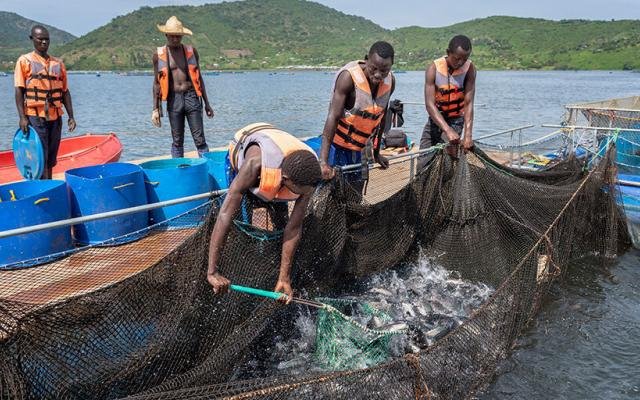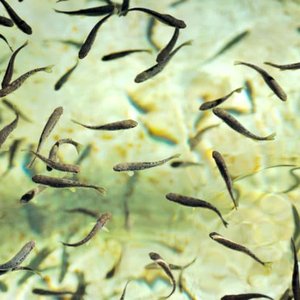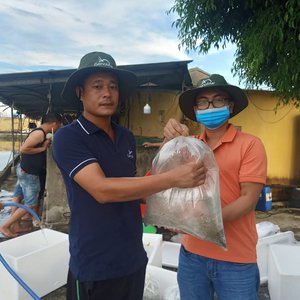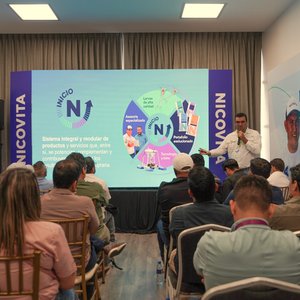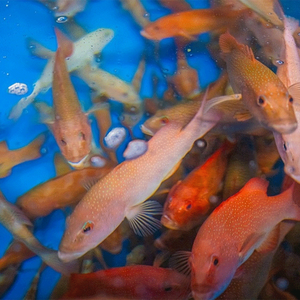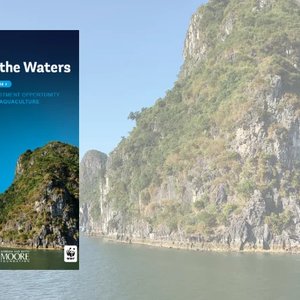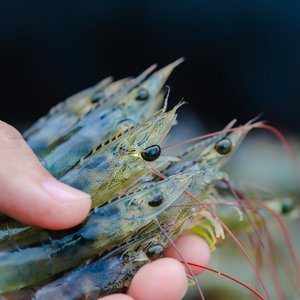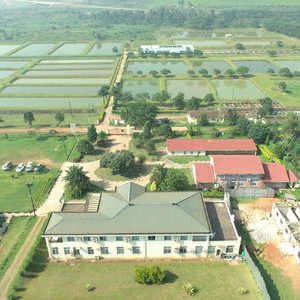Conservation International’s Vital Signs program and the Kenya Marine Fisheries Research Institute (KMFRI) launched an initiative to develop Kenya’s first aquaculture data management platform to support growth, resilience and sustainability of the sector. Funded by the Open Society Foundations, the online platform will host an array of integrated aquaculture data sourced from government, private sector, research institutions and other stakeholders. This is envisaged to boost decision-making for planning, investments, regulation, governance and disease control, among others.
Data categories in the platform will include production (species farmed, yield, disease prevalence, production systems, etc.), environment (water quality, ecological impacts, etc.), economics (input costs, profitability, market share, etc.), livelihoods (salaries, job creation) and governance (laws, policies, strategies, etc).
The platform development was officially launched on August 18, in a virtual event that brought together key aquaculture stakeholders, who were part of the platform development process. Initial discussions centered on data sharing, data gaps and platform design.
“Our vision is to develop a useful and relevant data platform that enhances decision-making by sub-sector actors. Previously, we’ve built a similar decision-support platform for the Ministry of Environment that integrated data on wildlife, forestry, agriculture and socio-economic development and other key indicators, ” said Conservation International’s senior director for Conservation Science in Africa, Peter Alele, during the launch.
KMFRI director general/CEO, James Njiru, said data-driven aquaculture can contribute to meeting Kenya’s growing fish deficit, as production in the capture fisheries declines or stagnates. He said that currently, aquaculture produces 30,000 tons of fish annually against the demand of 400,000 tons.


